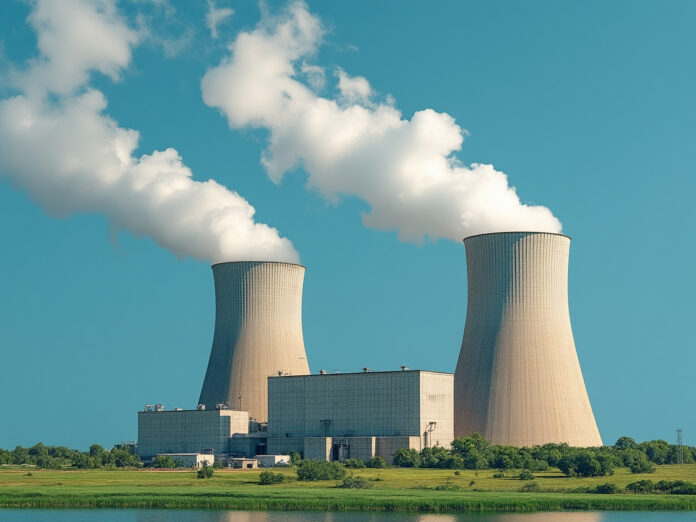Independent Power Producers (IPPs) have raised alarms over the government’s plan to impose carbon levy and petroleum levy on furnace oil, warning that it could increase electricity generation costs and disrupt refinery operations.
In letters addressed to the Petroleum Division and other key stakeholders, both Hub Power Company (Hubco) and the IPPs Advisory Council (IPPAC) highlighted the potential negative impact of these levies, outlined in the draft Finance Bill 2025-26. The bill proposes a petroleum levy of Rs 77 per litre and a carbon levy of Rs 2.5 per litre, effective from July 1, 2025.
Hubco’s Chief Financial Officer (CFO) noted that these levies could increase furnace oil prices by Rs. 84,742 per metric ton, making it less competitive than other fuel sources used in power generation.
While cheaper alternatives are available, FO-based plants remain necessary during summer peaks due to their quick start-up capabilities. The CFO cautioned that the higher fuel costs would likely raise electricity tariffs and undermine recent efforts to reduce costs by renegotiating Power Purchase Agreements (PPAs) with several IPPs.
Additionally, the CFO warned that higher furnace oil prices could lead to reduced refinery consumption, creating storage issues and exacerbating the already critical circular debt situation. The anticipated revenue from the levies and related sales tax may also fail to materialize, further complicating the financial landscape.
Hubco has urged the Ministry of Energy to reconsider the proposed levies, arguing that they could worsen the ongoing energy crisis and negatively affect the broader economy.
The IPPAC echoed these concerns, stating that the levies contradict the government’s support for domestic industry. They warned that higher furnace oil costs would increase industrial production expenses, reduce the use of FO-based power plants, and render recent tariff renegotiations ineffective.
The council also predicted that the new levies would worsen the circular debt issue and reduce government revenues, as they would likely lead to decreased furnace oil sales and lower sales tax collections.




